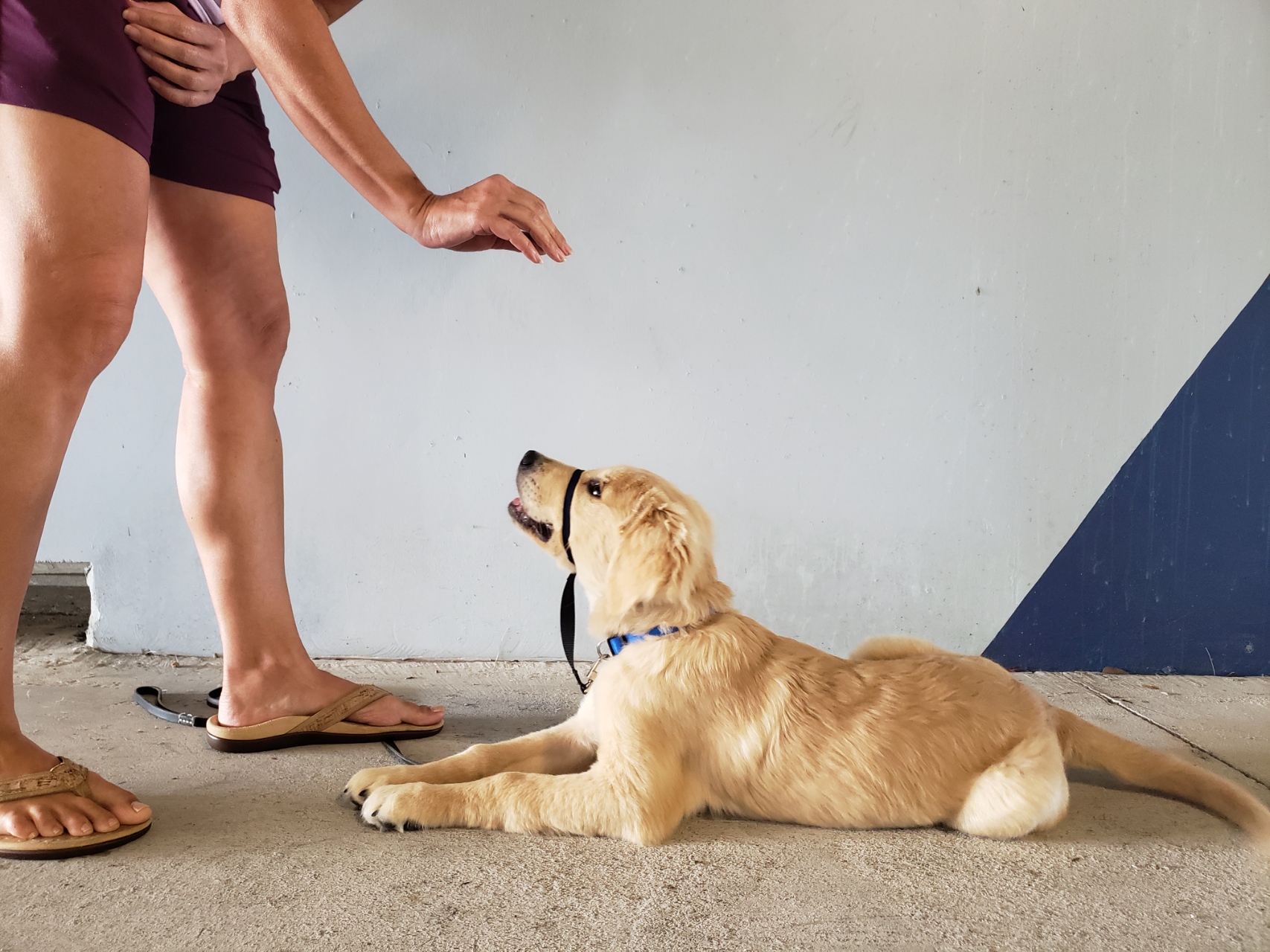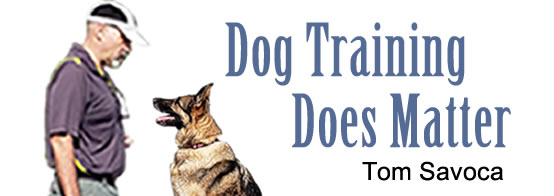Richlandtown Dog Training

Richlandtown Dog Training can help anyone in the area;
If you are looking for Richlandtown Dog Training can help!
Investing in Richlandtown Pennsylvania dog training is a decision that yields lasting benefits, enhancing the quality of life for both you and your dog. It promotes good behavior, ensures safety, fosters socialization, and strengthens the bond between you and your furry friend. Whether you are starting with a new puppy or working with an older dog, training is a valuable tool for creating a happy, harmonious relationship.
Reasons to Hire a Richlandtown Dog Trainer
Expert Knowledge: Richlandtown Trainers have in-depth knowledge of canine behavior and learning.
Consistency: They can provide consistent training, which is essential for dogs to learn effectively.
Objective Perspective: A trainer can offer an unbiased view of your dog's behavior and provide tailored solutions.
Time-Saving: Training your dog can be time-consuming. A Richlandtown trainer can save you time and effort.
Prevention: Addressing potential behavioral issues early on can prevent bigger problems later.
Remember, not all dog trainers are created equal. It's important to research and choose a trainer who uses positive reinforcement methods and has a good reputation.
People often turn to dog trainers when they face specific behavioral challenges with their dogs. Some issues are minor annoyances, while others can significantly impact a household’s harmony or even become safety concerns. Here are some of the most common reasons and complaints that prompt dog owners to seek out professional training:
1. Excessive Barking Constant barking can be a major frustration for Richlandtown Pennsylvania dog owners, as well as a source of tension with neighbors. Dogs bark for various reasons, including boredom, anxiety, attention-seeking, or alerting their owners to perceived threats. When barking becomes excessive or uncontrollable, many owners seek the help of a trainer to understand and address the underlying cause.
2. Leash Pulling Leash pulling is one of the most frequent complaints from dog owners, especially with larger dogs that are difficult to control. Pulling on walks not only makes the experience unpleasant but can also lead to safety issues if the dog pulls toward traffic, other animals, or people. Trainers can teach dogs to walk politely on a leash, making walks more enjoyable and manageable for the owner.
3. Jumping on People Jumping on people is a common issue, particularly when the dog gets overly excited around visitors or family members. This behavior can be intimidating or even dangerous, especially for children or elderly individuals who may be knocked over. Owners often seek Richlandtown trainers to help their dogs learn how to greet people calmly and avoid jumping.
4. Aggression Toward Other Dogs or People Aggressive behavior, whether directed at other dogs or people, is a serious concern that often leads dog owners to seek professional help. Aggression can manifest in growling, barking, lunging, or even biting. Trainers, especially those with experience in behavior modification, can help owners manage and reduce aggressive tendencies through desensitization, socialization, and obedience training.
5. Separation Anxiety Separation anxiety is a common behavioral issue where dogs become anxious or distressed when left alone. This can lead to destructive behavior, excessive barking, or even self-harm. Separation anxiety is difficult to manage without professional guidance, so many owners seek trainers to help their dogs feel more comfortable when they’re alone.
6. Housebreaking Issues Housebreaking, or potty training, can be one of the biggest challenges for dog owners, particularly for puppies or newly adopted dogs. Accidents in the house can be frustrating and create hygiene issues. Trainers can provide guidance on establishing a consistent potty routine and help dogs learn appropriate behaviors.
7. Destructive Chewing and Digging Destructive behavior, such as chewing on furniture, shoes, or household items, and digging in the yard, is another common complaint. Dogs may engage in destructive activities out of boredom, anxiety, or a lack of boundaries. Trainers can help identify the causes of destructive behavior and provide strategies for redirecting it.
8. Inability to Recall or Come When Called Poor recall, or an inability to come when called, can be dangerous, especially if a dog runs off-leash in an open area. Owners often seek trainers to help teach reliable recall, ensuring that their dog returns immediately when called, even in distracting environments. This command is critical for safety and helps build trust between dog and owner.
9. Resource Guarding (Possessive Aggression) Some dogs display possessive behaviors over food, toys, or spaces, which can lead to growling, snapping, or biting if someone tries to take the item away. Resource guarding can be concerning and is a common reason for seeking professional help. Trainers work with dogs to reduce guarding behavior and build trust around high-value items.
10. Hyperactivity and Lack of Impulse Control Hyperactive dogs that struggle with impulse control, such as waiting for food or not charging through doors, can be challenging to manage. This behavior is often the result of excess energy and poor boundaries. Trainers can help teach impulse control exercises and establish routines that channel a dog's energy in positive ways.
11. Fear or Anxiety Some dogs exhibit fear-based behaviors, including excessive shyness, cowering, or avoiding new environments, people, or other animals. Fear can lead to anxious reactions or aggression if not managed properly. Richlandtown Trainers with experience in behavior modification can help owners desensitize their dogs to triggers and build confidence in fearful dogs.
12. Nipping and Biting Nipping or biting can be especially problematic, even if it starts as playful mouthing. This behavior can escalate or cause injury if left unaddressed. Many owners, particularly those with children, seek trainers to help stop this behavior and teach appropriate boundaries and play behavior.
13. Overly Vocal or Reactive on Leash (Leash Reactivity) Some dogs become overly reactive on leash, barking, lunging, or growling when they see other dogs, people, or even cars. Leash reactivity can make walks stressful and challenging, often leading owners to seek professional help to teach their dog how to stay calm and focused on walks.
14. Lack of Basic Obedience Skills Sometimes, owners simply want their dog to be well-behaved and obedient in a range of situations. Dogs without basic obedience training may not respond to commands, which can lead to behavioral problems or even dangerous situations. Trainers teach commands like “sit,” “stay,” “down,” and “leave it,” creating a foundation for better behavior.
15. Prevention of Future Problems (Puppy Training) For new puppy owners, prevention is key. Many seek trainers to help establish good habits from the start, covering socialization, housebreaking, and basic obedience. Early training can prevent future behavioral problems and is a proactive approach that sets puppies up for a lifetime of good behavior.
16. Counter-Surfing and Stealing Food Dogs that jump onto counters or steal food from tables can be a challenge to manage. This behavior is not only frustrating but can also lead to health risks if the dog ingests something harmful. Trainers can help teach dogs appropriate boundaries around food and eliminate counter-surfing behavior.
17. Ignoring Commands or Selective Hearing Dogs that appear to ignore commands or have “selective hearing” are another common frustration. This is often due to inconsistency in training or a lack of follow-through. Professional trainers can teach dogs to listen and respond reliably to commands, even in distracting environments.
18. Excessive Attention-Seeking Some dogs demand constant attention by barking, pawing, or whining, which can disrupt daily life. This behavior is often rooted in boredom, anxiety, or a need for structure. Trainers can teach dogs to be more independent and learn calm behavior when left alone.
Conclusion Overall, Richlandtown dog trainers provide valuable guidance for a wide range of behavioral issues, helping dogs and their owners live harmoniously together. From improving obedience to addressing more complex behavioral challenges, professional training can make a significant difference in a dog's behavior and quality of life. It also reduces stress for owners and creates a more enjoyable, balanced relationship between dog and family.
Back to Home
Back to State
Back to counties
